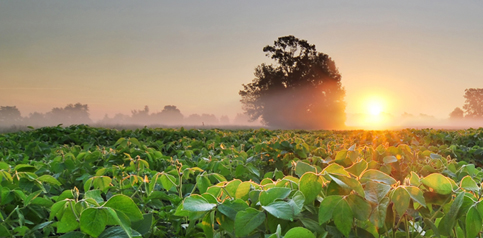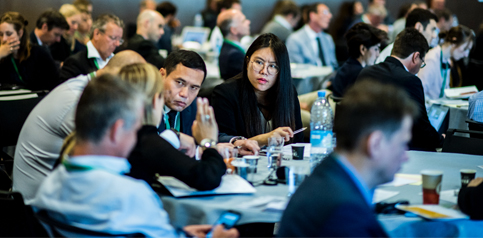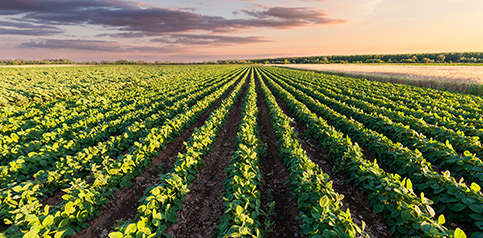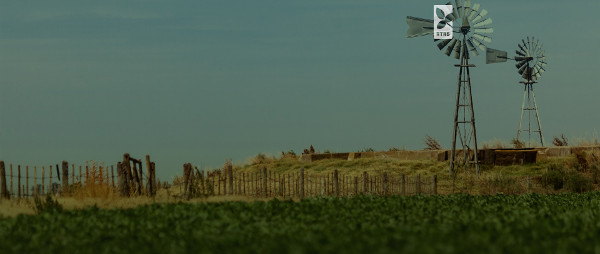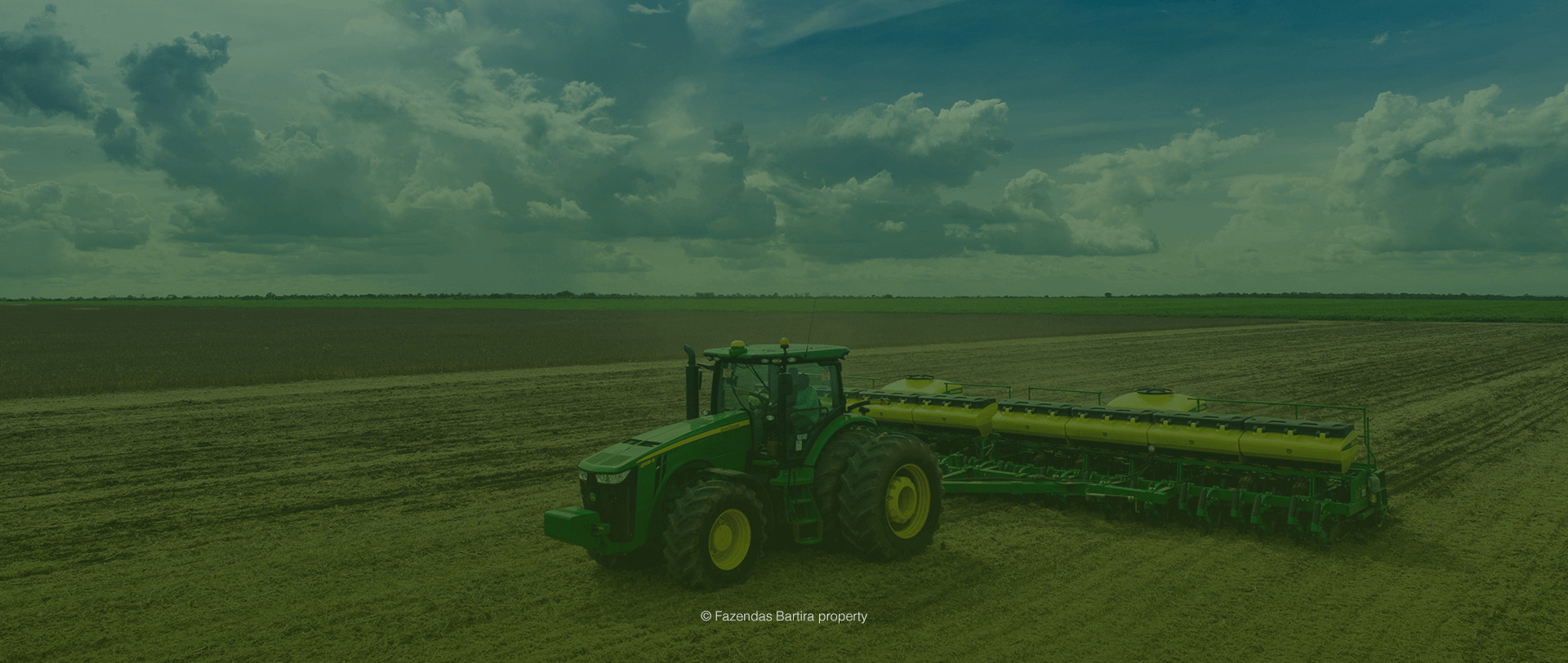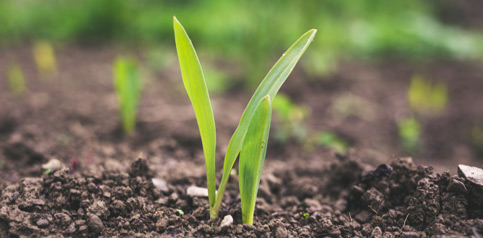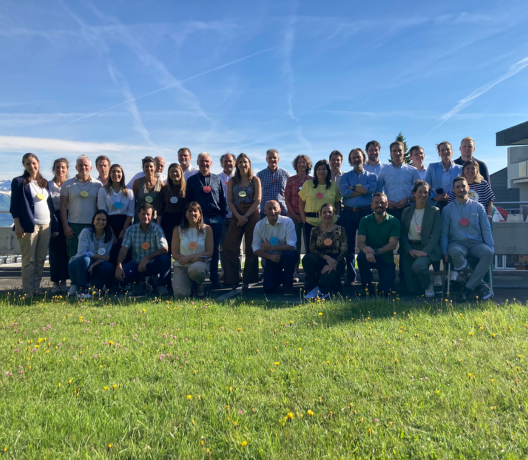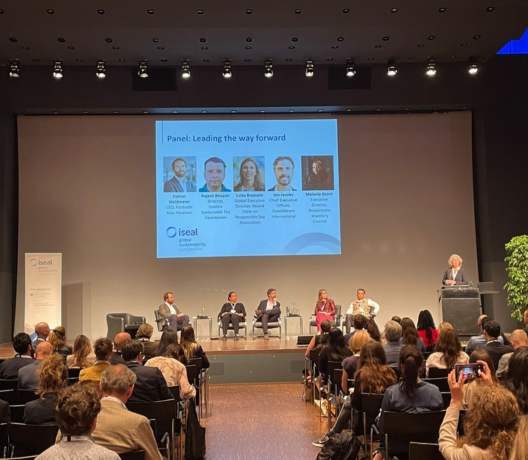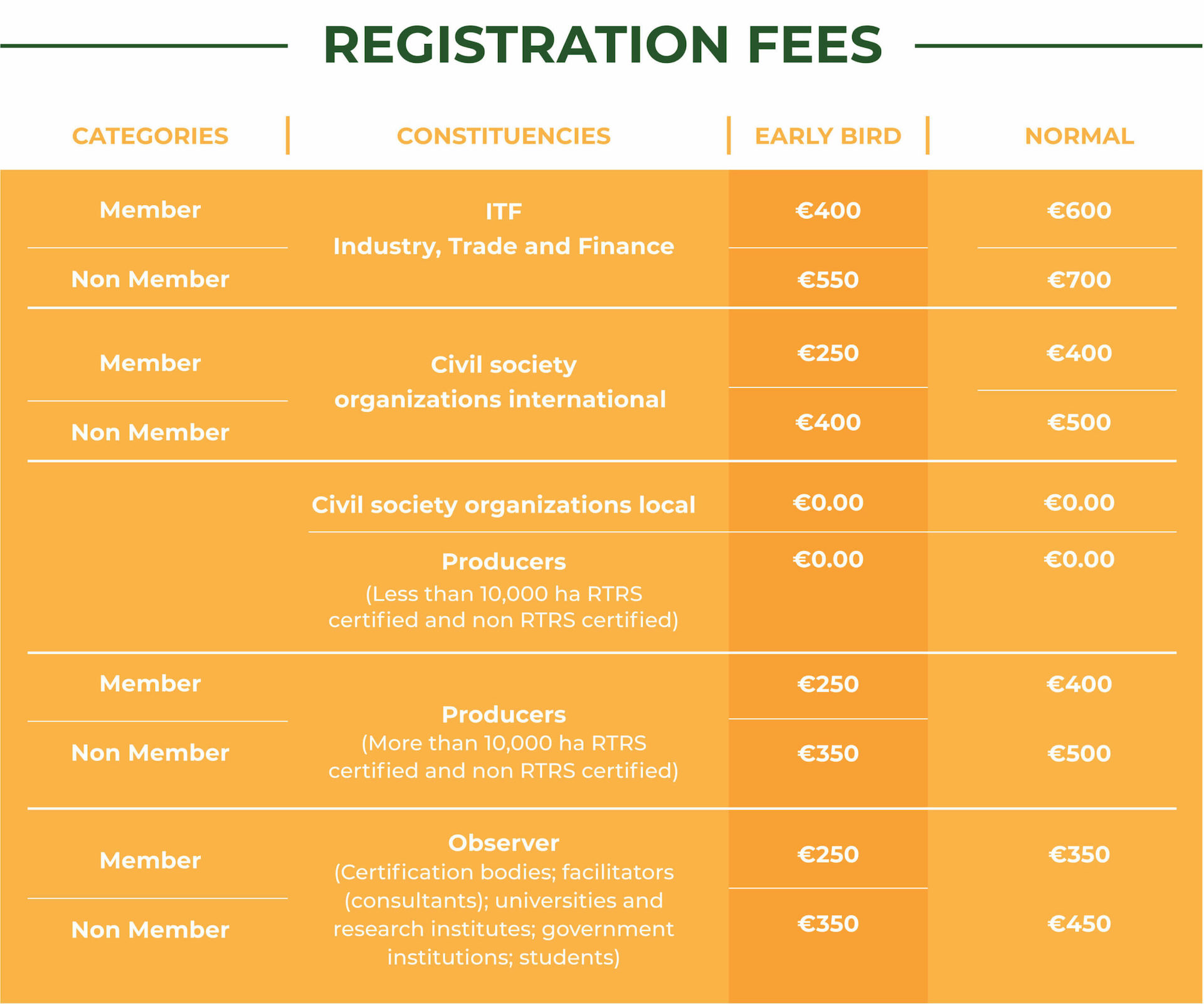RTRS Headlines 2019
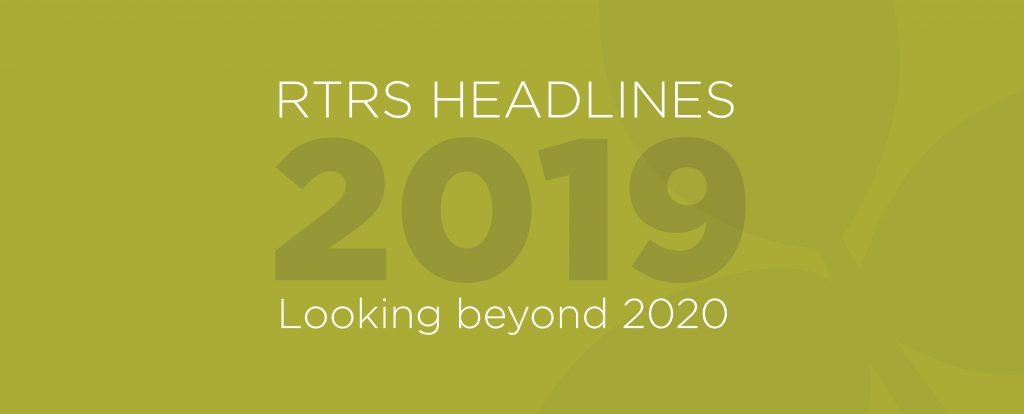
A year of constructive, multi-stakeholder dialogue translated into actions on the ground
From speaking engagements at global conferences to new solutions for stakeholders in the value chain, 2019 was a productive year for the Round Table on Responsible Soy Association (RTRS). 2020 marks the beginning of a period with new challenges and we would like to take a moment to review the progress made in 2019, which also constitute new opportunities for the Association going forward.
RTRS has been active in developing the “Beyond 2020” RTRS Strategy since April 2019, which will enable the Association to identify the competitive advantages needed to achieve our strategic goals.
Given its role as a global multi-stakeholder platform, RTRS was invited to speak at many and relevant meetings in 2019. To name a few, RTRS was invited to sit at the panel “Ways forward – Overcoming Implementation Challenges” at the Sustainable Consumption for Biodiversity and Ecosystem Services Worldwide Conference, held by the Federal Ministry for the Environment, Nature Conservation and Nuclear Safety in Berlin, Germany, and also took part in the European Union Agricultural Outlook Conference, entitled Sustainability from Farm to Fork, organized by the Directorate-General of Agriculture and Rural Development in Brussels, Belgium. The Association also participated In the OECD-FAO pilot project “Responsible Agricultural Supply Chains”, concluded in late 2019. These meetings enabled RTRS to raise awareness and highlight the valuable role played by multi-stakeholder initiatives. This was also reflected in RT14, RTRS’ Annual Conference, which brought together 270 participants from 150 organizations and 20 countries, and in the Brazilian Task Forces, which gather tens of representatives from over 30 organizations in Brazil’s soy value chain.
At the same time, 12 new organizations have joined our platform on soy and, with them, three new countries: Canada (Restaurant Brands International – RBI), Spain (Vall Companys) and USA (Tyson Foods, Inc). The organizations that RTRS welcomed on board last year see the Association as a credible partner and a place to work collaboratively towards responsible agricultural and business practices to drive their strategies forward and achieve sustainability goals.
Moving on to some of the actions and projects carried out by RTRS in 2019.
We have successfully led the #ZeroMeansZero communication campaign to highlight the possibilities for meeting the growing global demand for soy while, at the same time, preserving native vegetations and protecting human rights by improving worker conditions. #ZeroMeansZero is based on the premise that it is possible to have both food and forest, food and responsible working conditions, food and responsible relationships with the community.
We completed the first phase of work on the RTRS Conversion Factors System, which sets conversion factors for soy byproducts, and launched the second phase to define conversion factors for feed and food products. In 2020, we expect to launch an enhanced Soy Footprint Calculator, which will help businesses, brands, and non-profit organizations calculate the volume of soy used in various applications, such as food, feed, and byproducts.
Towards the end of 2019, RTRS applied for ISEAL Community Member, to later apply for and achieve full ISEAL membership. This process has prompted the association to develop an outline of RTRS’s Theory of Change (ToC) and create a Monitoring and Evaluation (M&E) System which will allow RTRS collect information from RTRS-certified producers, thus enabling a quantitative estimate of the impact of certification on the ground.
Moreover, as part of our ongoing motivation towards providing new solutions and options for our stakeholders, in 2019 we began development on the “RTRS Standard for Responsible Corn Production.” This standard recognizes the environmental and agronomical benefits of crop rotation, a practice that responsible soy producers are required to implement under the RTRS Production Standard for soy. Once approved by the RTRS General Assembly in late 2020, RTRS-certified soy producers will be able to certify their corn production, adding RTRS-certified corn to the responsible supply chain.
We have also begun an analysis of different tools available in the market to measure Greenhouse Gas (GHG) Emissions, with a view to assessing the impact of RTRS certification at farm level with regards to carbon emissions and sequestration.
The year culminated with a significant breakthrough, with the RTRS Standards for Responsible Soy Production and Chain of Custody being recognized as an official certification standard for the Olympic and Paralympic Games to be held in Tokyo in 2020. This is an exciting first step into the Japanese market.
IIn terms of RTRS market performance, it was another record year for RTRS, reflecting our stakeholders’ decision to ensure sustainable agricultural practices for soy production. The purchase of RTRS-certified material reached 3.9 million – a 41% of increase from 2018. Mass Balance sales grew 75% compared to 2018, and 33 new buyers from the Netherlands, UK, Belgium, Scandinavia, Argentina, Ireland, Italy, Spain, USA, Japan and Vietnam purchased 8% of the total volume sold in 2019. On the supply side, based on partial results reported for 2019 at the time this document was drafted, RTRS-certified producers accounted for about 4 million tons of certified soy production in Latin America (Argentina, Brazil, Paraguay and Uruguay) and Asia (China and India). RTRS-certified producers account for over 1 million hectares of planted soy production.
We invite you to take a few minutes to read the attached file with an in-depth look at our achievements in 2019 and our plans for 2020. We want to thank you all for your continued support of RTRS in its pursuit of our common objectives.
Download RTRS Headlines 2019


